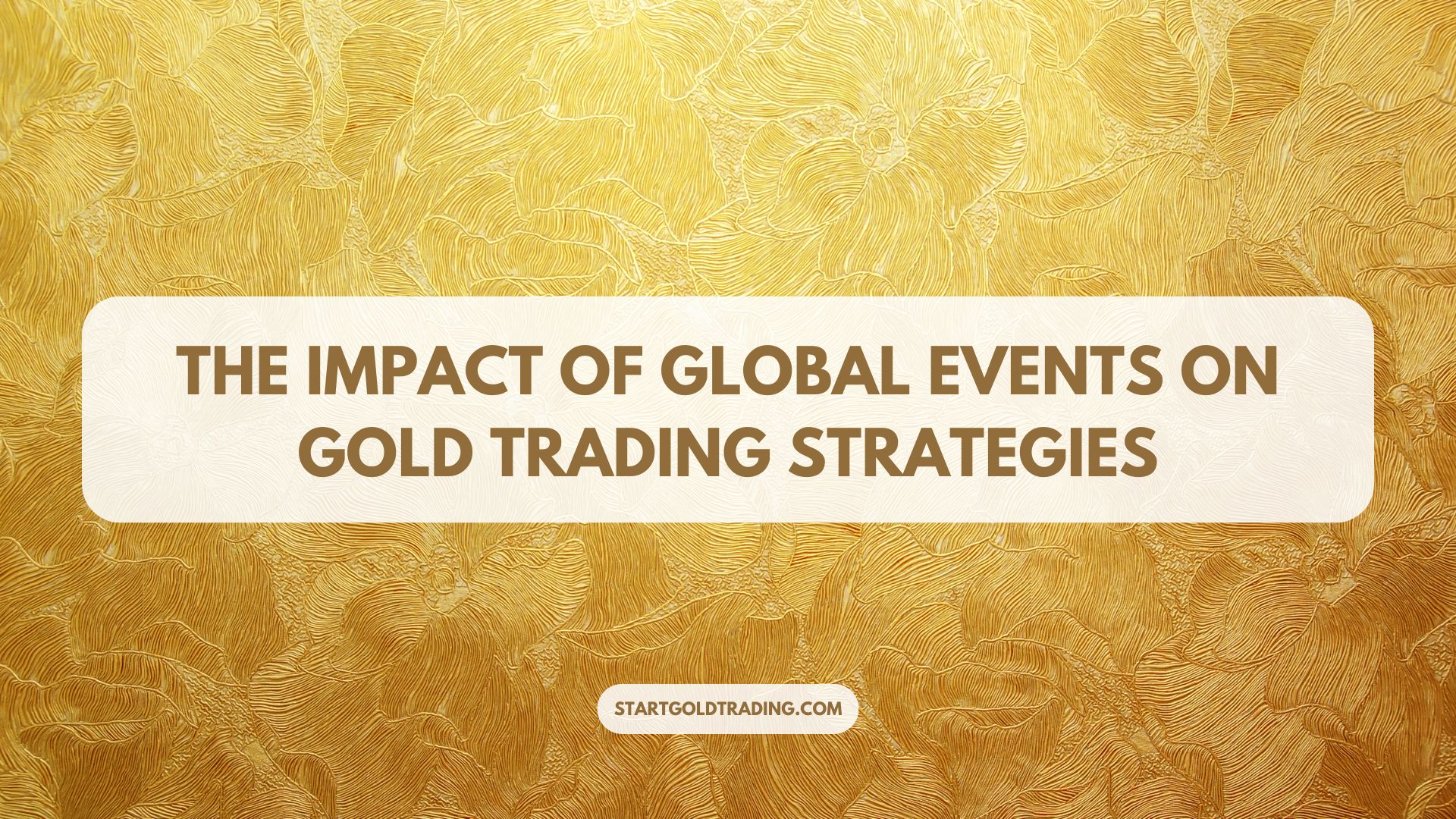Gold is one of the most sensitive assets to global events, acting as a safe-haven investment during times of uncertainty. Traders and investors closely monitor political events, economic policies, and global crises to adjust their gold trading strategies accordingly. This guide explores how these factors influence gold prices and how traders can capitalize on them.
1. Political Events: How Elections, Wars, and Political Unrest Impact Gold Prices
Political instability and major global events can cause sudden fluctuations in gold prices as investors seek refuge from uncertain markets.
Key Political Factors Affecting Gold
| Political Event | Effect on Gold Prices |
|---|---|
| Elections | Uncertainty during election cycles often increases gold demand. |
| Wars & Conflicts | Geopolitical tensions drive investors toward gold as a safe-haven asset. |
| Government Instability | Weak governance and policy uncertainty increase gold’s appeal. |
| Trade Disputes | Tariffs and trade wars weaken fiat currencies, boosting gold demand. |
How Traders Can Respond
- Monitor political calendars for upcoming elections and geopolitical developments.
- Use gold as a hedge when global tensions rise.
- Look for price breakouts during high-volatility political events.
2. Economic Policies: The Influence of Central Bank Policies and Economic Reforms on Gold
Monetary policies set by central banks play a significant role in determining gold’s value, particularly through interest rates and inflation control measures.
Key Economic Policies Affecting Gold
| Policy | Impact on Gold Prices |
| Interest Rate Changes | Lower rates make gold more attractive; higher rates reduce demand. |
| Inflation Control | High inflation increases gold’s value as a hedge. |
| Currency Devaluation | Weakening of major currencies drives gold prices higher. |
| Gold Reserve Decisions | Central banks buying gold supports long-term price increases. |
How Traders Can Respond
- Track Federal Reserve and ECB policy statements to anticipate price movements.
- Use gold to hedge against currency fluctuations and inflation concerns.
- Watch for gold reserve changes by central banks as indicators of price direction.
3. Global Crises: The Role of Gold During Global Health or Financial Crises
During major crises, gold is often seen as a store of value, leading to surges in demand and price appreciation.
Major Crises That Affect Gold Trading
| Crisis Type | Gold Market Impact |
| Financial Crashes | Gold prices typically surge as stock markets crash. |
| Pandemics (e.g., COVID-19) | Uncertainty drives institutional and retail investors into gold. |
| Natural Disasters | Supply chain disruptions can affect gold mining and production. |
| Energy Crises | Inflation from rising energy costs boosts gold demand. |
How Traders Can Respond
- Use gold as a hedge against major market crashes.
- Follow global health and financial stability reports to anticipate gold demand.
- Diversify portfolios with physical gold, ETFs, or futures during crisis periods.
Conclusion
Global events—including political turmoil, economic policies, and financial crises—significantly impact gold trading strategies. Traders who stay informed and adapt to these changes can capitalize on price movements and protect their investments.
🚀 Want to trade gold effectively? Stay updated on global events and refine your strategy for market success!

